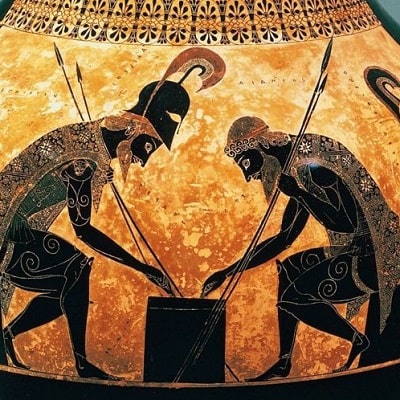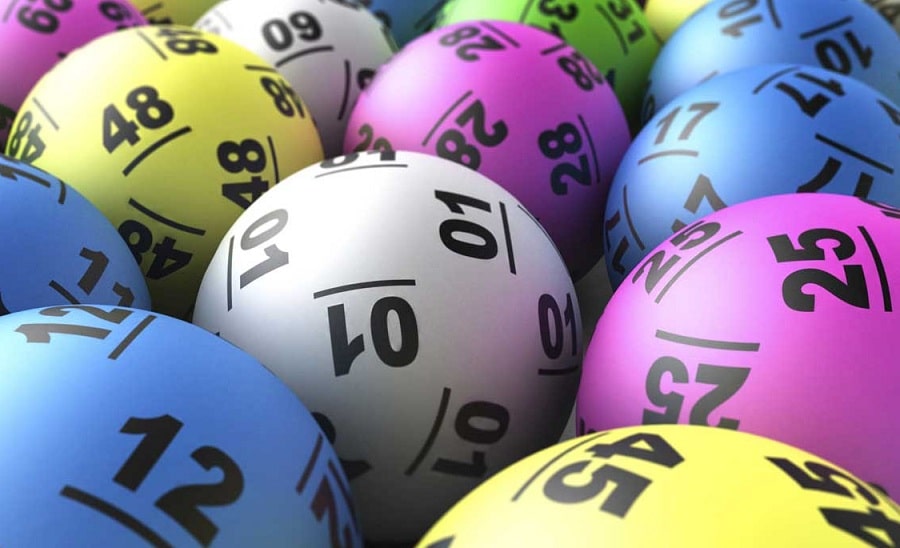
How did the lottery come about?
For many people around the world, the lottery is a hobby and an opportunity to make money, sometimes really big amounts of money. Statistics show that in 2017, people in America spent around $70 billion buying lottery tickets. Also, a verified source has stated that over 70% of adults across England play the National Lottery on a regular basis. And when big prizes and fabulous amounts of money are involved, the number of interested players increases dramatically.
For example, in 2016 there was a record Powerball draw and almost every adult American did buy a ticket and take part. The amount won was $1,586 billion. There are all sorts of lottery variations around the world now, but how and when did they come about?
Doves and the duel with Zeus
As far back as the Old Testament, the first mention of the lottery can be found. In the book of Numbers we read how Moses divided the land for the bank of the Jordan amongst the people. A simple lottery was used for this purpose.
Biblical historians tell us that the people had to perform certain acts for which they were supposed to be rewarded. Everything was determined by chance, and that was the main feature.

Lotteries were then referred to in the mythology of ancient Greece. For example, the game of pebbles, which the warriors had to pull from the Golden Helmet, was often referred to. But here the prize could not even be called consolation, as it was the right to a duel with Zeus. The bottom line is that if a warrior won, he could keep his life or die with dignity.
And it was in Greece, over time, that the prototype of the modern Lototron, which bore the name “Cleroterion”, appeared. But it was not used for gambling, but to select people for public office, appoint them to sessions of the court, and so on. But the principle of operation was very similar to that of a lottery machine. There were holes where tickets with people’s names were placed. A tube led to the machine, into which balls of different colours were poured at random, and each one corresponded to a particular row. It was the colour that determined whether a candidate from the row would be chosen or not.
Lotteries first appeared in Europe in the Roman Empire during the reign of Octavian Augustus. And all the money raised went to the needs of Rome. The prizes consisted of various items, varying in value.
There were lotteries in China even before Christ in the 3rd century. There, the rules of the game resembled modern Keno. But here, instead of numbers, the first 120 characters of the Thousand Poem were used.
To be a winner, a player had to guess a certain number of characters, which the organiser always drew by hand. Here all the winnings were earmarked for the needs and development of the army. And on the territory of China at the same time there was another rather interesting and unusual lottery, where a pigeon was simply released. The winner was the owner of the house whose roof the pigeon sat on.
